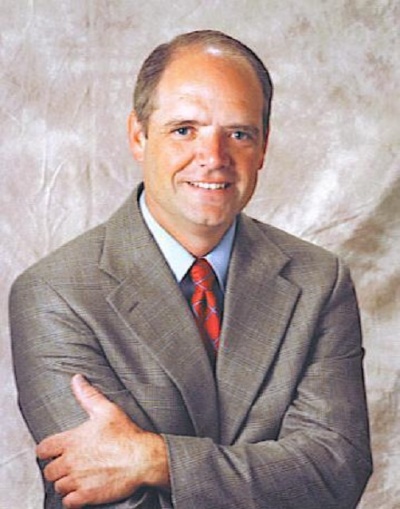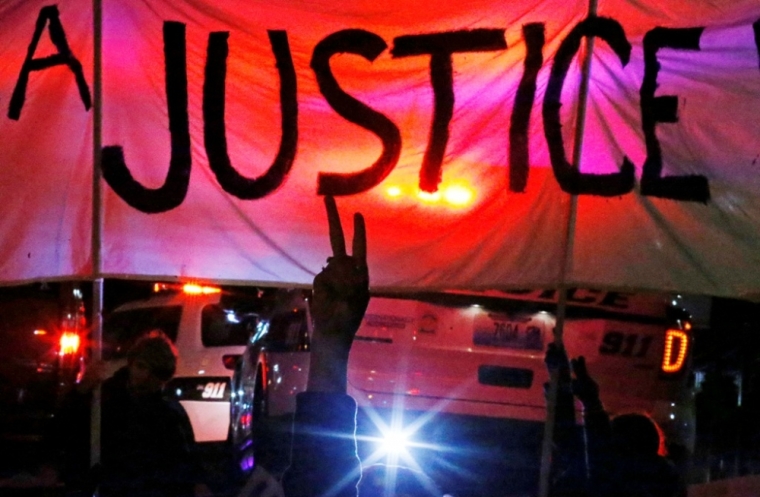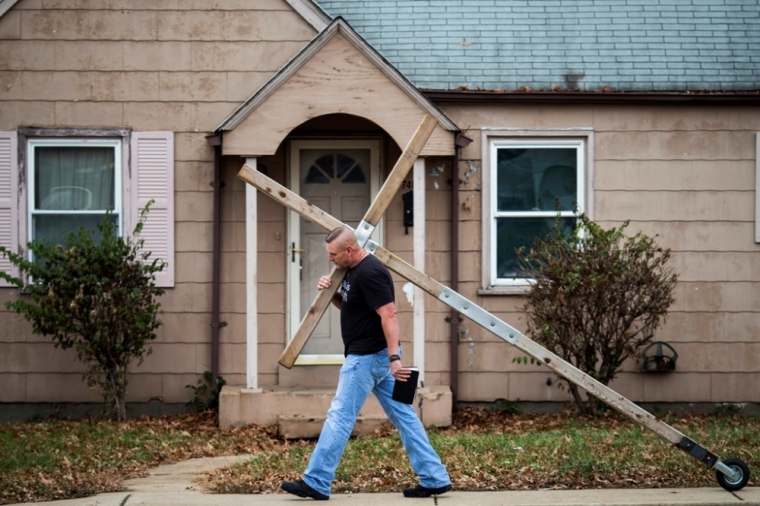Southern Baptist Pastor Randy White Chides Evangelicals for Promoting Racial Justice as 'Gospel Demand'
As racial tension nationwide intensifies, triggered by the killing of 18-year-old Michael Brown by officer Darren Wilson in Ferguson, Missouri, and compounded by the case of Eric Garner in New York City, the issue of whether racial justice should be promoted as a "Gospel demand" among Christians has become a divisive topic for some Evangelicals seeking solutions to racial conflict.
Southern Baptist pastor Randy White of First Baptist Church in Katy, Texas, says the pursuit of racial justice is not a "Gospel demand," disagreeing with fellow Southern Baptist leader Matthew Hall who penned a blog post last week stating that seeking racial justice is indeed a Gospel demand.
"Ferguson, Missouri, has erupted in barbaric violence that should cause all law-abiding citizens to demand the restoration of the rule-of-law, but the Evangelical world is preaching kum-ba-ya sermons about race-relations. I've gotta say, I just don't get it," said White in an op-ed posted to his website last Wednesday.
Hall, vice president of academic services at The Southern Baptist Theological Seminary, condemned racial injustice as a sin in a blog post last Tuesday on Canon & Culture, a project of the Ethics & Religious Liberty Commission.
"Is racial prejudice and injustice really a matter of sin? We have abundant biblical evidence to conclude that it is. Moses records an especially informative account in Numbers 12 that should help us understand just how seriously God takes this sin," wrote Hall.
Highlighting the story of Numbers 12, Hall noted how Miriam was afflicted with leprosy and unusually white skin after she and her brother, Aaron, had shown prejudice toward Moses' "Cushite" wife because she presumably had darker skin.
"The sin of racial injustice is far more insidious than we often realize. It is not content to restrain itself to individual prejudices, beliefs, and attitudes. Injustice infects and perverts entire societies, institutions, and cultures. And when a fundamentally unjust system is perpetuated for generation after generation, the effects and consequences of that sin become far more deep-rooted than we often can begin to see," wrote Hall.

"… We see it around us in an industrialized penal system that is overwhelmingly populated by young black men. And we see it in the recurring headlines of unarmed black teenage boys shot by police officers. Sure, we can trumpet the virtue of personal responsibility and try to sleep better at night, our uneasy consciences salved by the distance of 'out of sight and out of mind.' But look more closely and you'll see that sin is never confined merely to the orbit of individual choice or personal responsibility," Hall noted.
White, who is among a group of Evangelical leaders who disagree with Christians like Hall, chided the SBTS vice president and others who subscribe to his view, seeing it as misguided theology.
"The ERLC seems to be full-court press, all using the same talking points. You can read Russell Moore's 'Ferguson and the Path to Peace,' and Eric Mason's 'The Gospel, Race, and our Experiences' for more of the same. Each article basically says, 'we don't understand how blacks feel, so we should be slow in our judgment' and 'the Kingdom brings us all together in one big, happy family, so let's act like Kingdom people in a big, happy family.' Ed Stetzer, also a Southern Baptist, also joined the chorus, singing in harmony with the talking points," said White.
"This statement is fraught with difficulty. If sin is 'never confined to the orbit of individual choice or personal responsibility,' is society to blame? Do the thugs looting businesses and burning police cars have a personal choice and responsibility for their actions? Are we wrong to say that the individuals of Ferguson riots have made a 'personal choice' and have a 'responsibility for their actions?' To blame society for a crime committed by an individual is soundly insane," he continued.
"Further, is the penal system that is 'overwhelmingly populated by young black men,' unjust by virtue of the lack of racial balance in the prisons? What if there are more young black men in prison because more black men commit crimes? Do we need an affirmative action mechanism in our justice system in order to bring racial balance? It seems we live in a society (and have a religious denomination) in which one cannot speak this truth without receiving the 'racist' label," he added.
"I would have to wonder if God Himself gets a pass, since even a cursory reading of Scripture would prove that He began elevating one branch of the family tree in Genesis 12 (arguably in Genesis 9), and only strengthened the elevation of that branch through the pages of Scripture. Was the Old Testament God somehow racist?" asked White.
"In summary, Matthew Hall clearly thinks there is a problem, though he never really tells us what it is, other than, 'racial injustice.' He did not give an example. I get the feeling the article was designed to elicit feelings of guilt on the part of whites for the sins of blacks. And that's a feeling I typically get when Evangelicals talk about race," White ended.
The Christian Post reached out to Hall for a reaction to White's rebuttal to his argument Thursday and his office said he had no comment at this time.





























